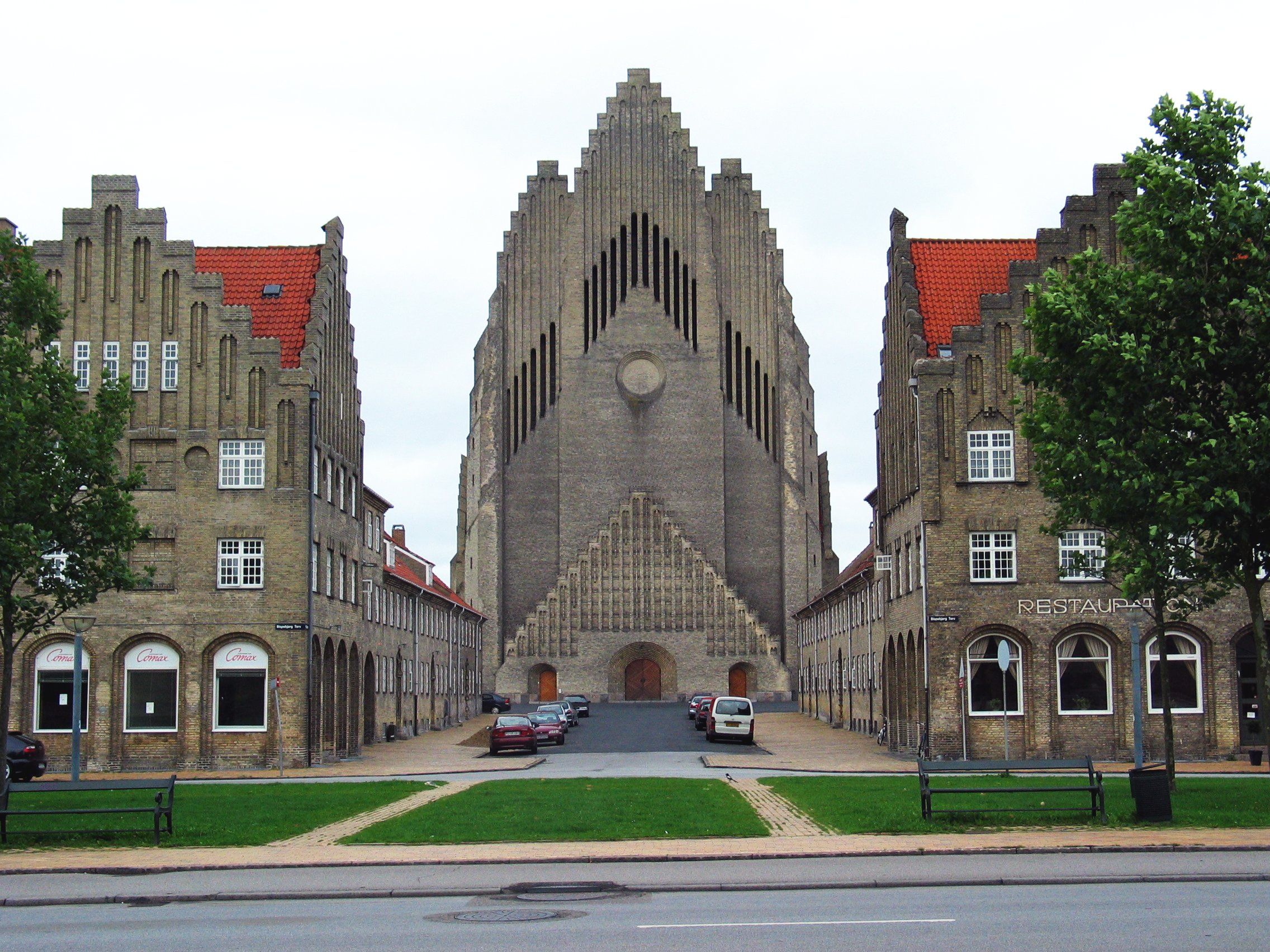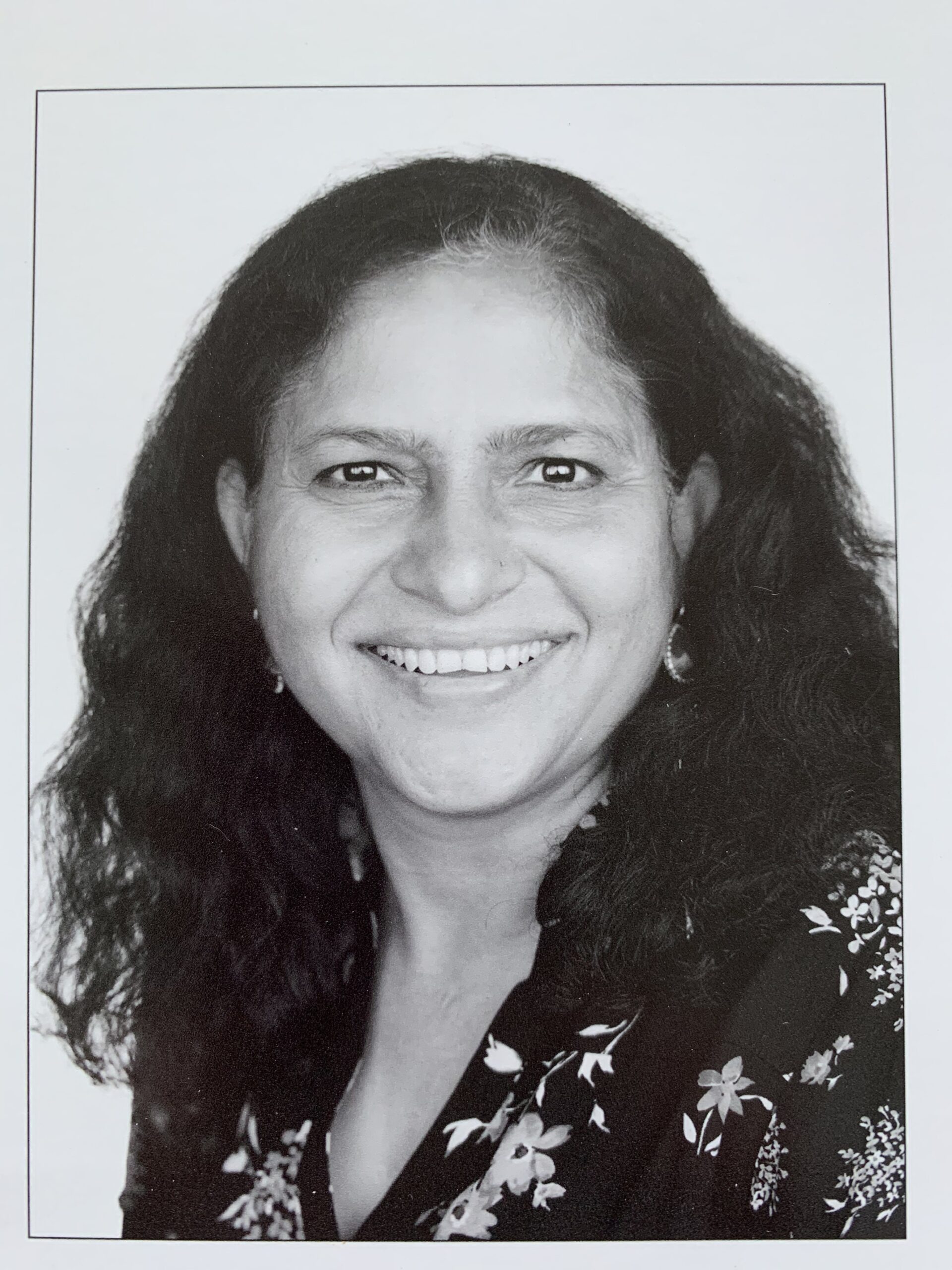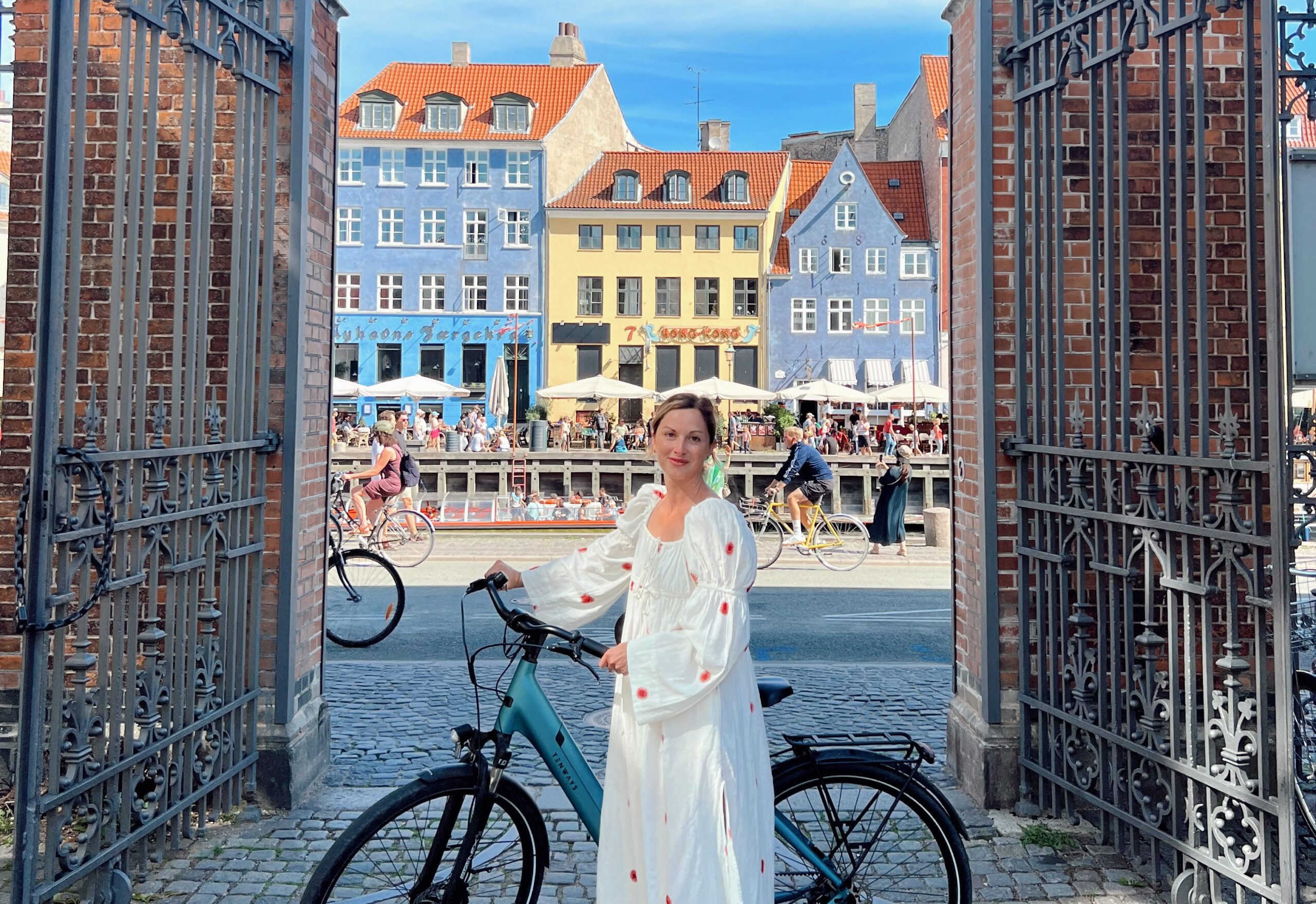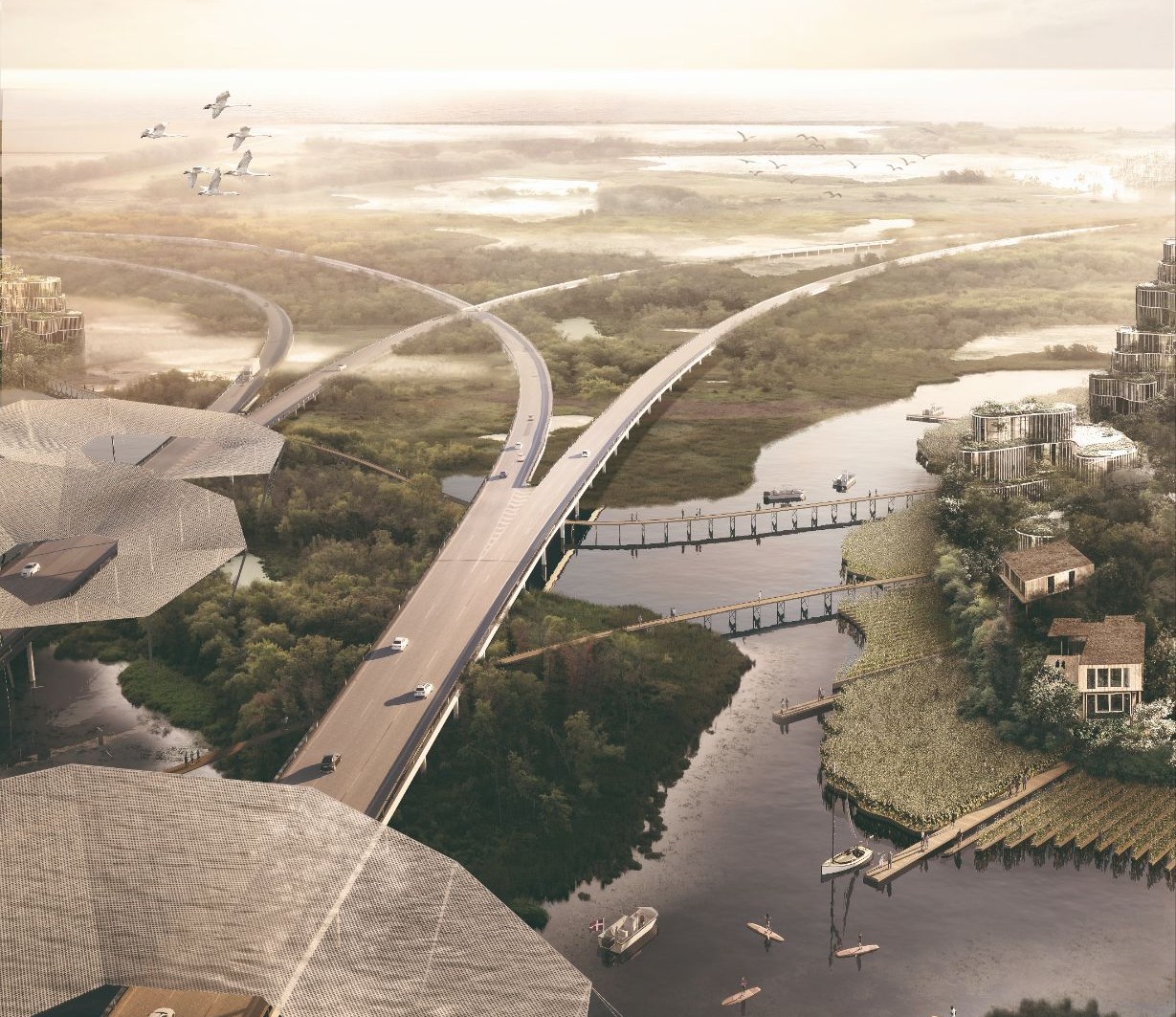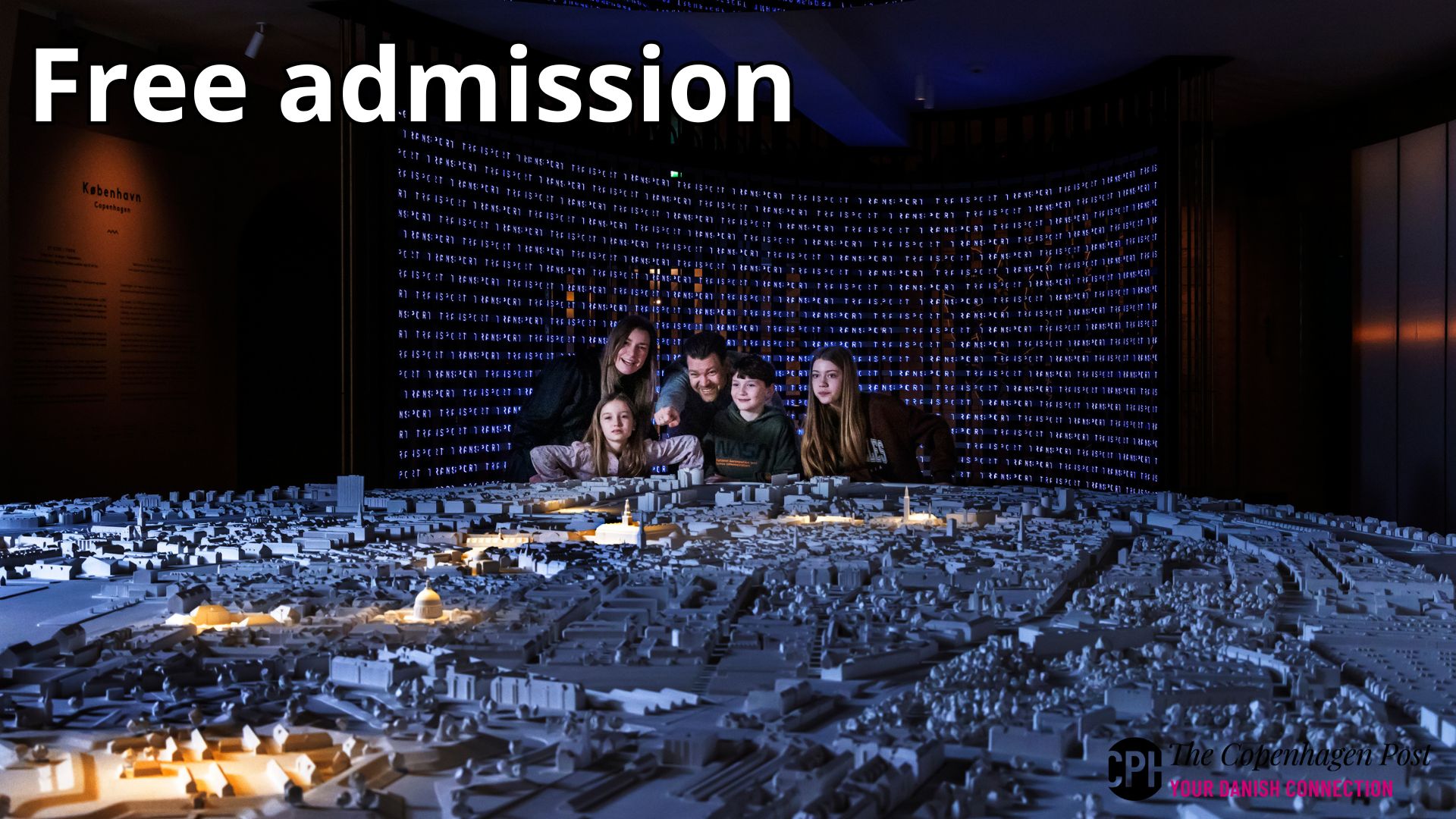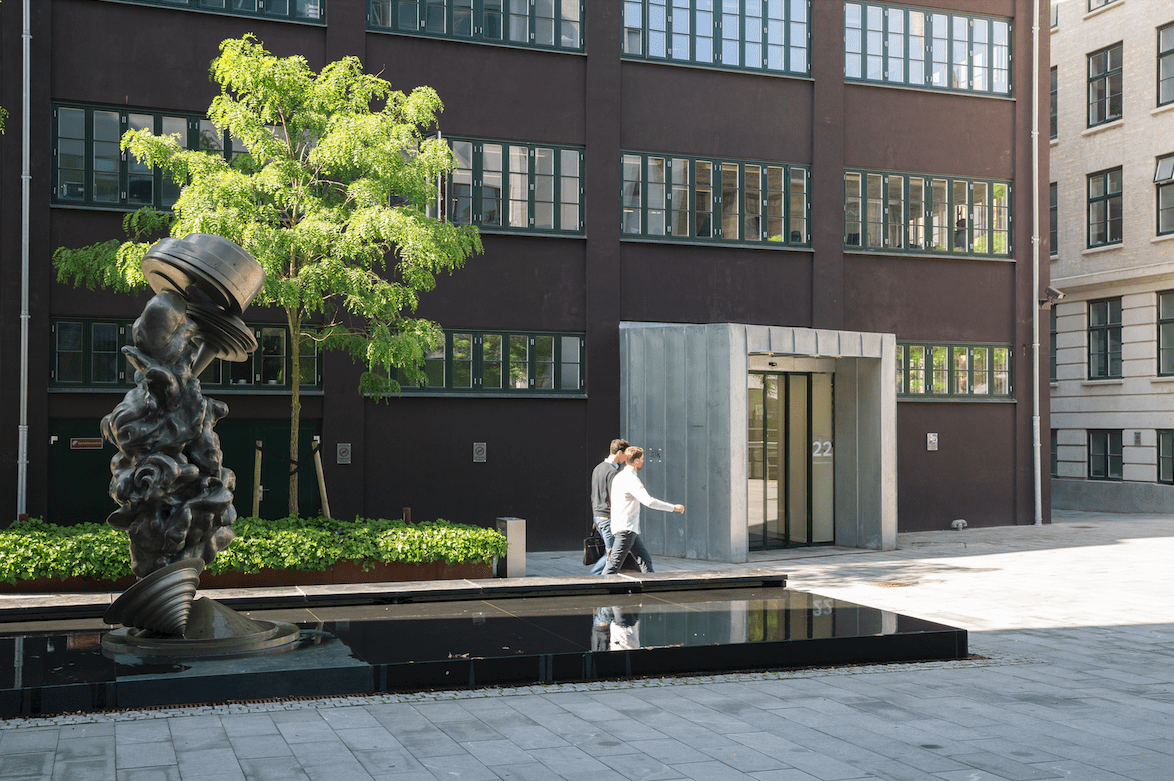Another Folkemødet is in the books. Just the third year, and another record setter. The four-day meeting of politicians and the public has doubled in attendance each year and with the increasing popularity has come growing pains.
Extra taxis, extra police, extra buses and extra everything were sent to Bornholm (population 40,000) to try to ease the crush of the now estimated 60,000 people that turned up for Denmark’s biggest political event.
“It’s not a bad duty,” said one uniformed officer that normally works in Roskilde. “We are mostly here to be seen and make our presence felt. The cops doing the real work, you won’t know that they are there.”
Dressing the part
While the undercover law might be hard to spot, after a few days it is pretty easy to sort out who is who at Folkemødet just by looking at what they are wearing.
The over-from-Copenhagen journalist army sport scruffy beards, hipster black horn-rimmed glasses and suit jackets with blue jeans, a faded t shirt and Converse sneakers. The women news hounds look pretty much the same, except minus the beards – in most cases.
The behind the scenes TV people look like every roadie you have ever seen at a rock concert and the on-air talent is all painfully thin and painfully pretty.
The politicians are in suits, ties and the kind of business attire that tries to announce “I’m somebody” but just looks dumb on a casual holiday island. They tend to run in packs, eat and drink in groups and send off a “don’t bother us” vibe when they step away from the stages and booths were they have been politicking and flesh-pressing all day. The people that serve them at the local restaurants have mixed feelings about the country’s leaders.
“Some of the suits can be real jerks,” said Ina, a waitress, looking at a particularly rowdy bunch of members of the libertarian political party Venstre.

As the night wore on inside one music venue, some of the lawmakers needed to be reminded of the at least one of laws that they themselves have put in place. A table full of young politicos from the party that urges everyone to “make Denmark greener” had to be constantly told first by the servers, and finally the bouncer, that smoking was not permitted inside. A couple of aggressive young men were reminded that yes, the rules did indeed apply to them, and no, the beefy doorman was remarkably unimpressed by who they thought they were.
Despite the egos, the crowds, the mess, the blocked streets and the noise, the 10,000 or so residents of Allinge mostly take the whole thing in stride.
“It’s a great thing for Bornholm,” said Rudy Larsen, who runs a fish smokehouse. He was joined by a chorus of others who sneered at Pia Kærsgaard’s (Dansk Folkeparti) suggestion that Folkemødet should not just come to Bornholm every year and instead go to other towns in order to spread the wealth.
“She’s just fishing for votes,” said a taxi driver who was over from Slagese to work the event. “Just because you move it somewhere else doesn’t mean it will have the same atmosphere.”
Looking at the sun set from the harbour, it is easy to feel like the cabby was spot on.
See you next year?
In the days to come, the numbers will roll in. The most attendees. The most money earned. The most money spent. Some politician will win the oratory prise for the best talk at the Speaker’s Corner. A lot of stories will be shared about songs sang, food consumed, beers drank and hangovers endured. People will get excited about Folkemødet, and they will discuss whether Folkemødet can accommodate more attendees next year.
Folkemødet’s popularity has exploded. The organisers and locals, for their part, seem to be getting a handle on shuttle busses, transportation and movement in general, although lodging remains an issue, even on an island whose economy is heavily reliant on tourism.
 A woman getting out of a taxi in Rønne, the island’s largest town, on Friday afternoon was leaving because she had not booked a room in advance and there were none to be found on the entire island. One man reported that he could have named his price for renting the living room of his small house in Allinge for the weekend, but his landlord refused to allow it.
A woman getting out of a taxi in Rønne, the island’s largest town, on Friday afternoon was leaving because she had not booked a room in advance and there were none to be found on the entire island. One man reported that he could have named his price for renting the living room of his small house in Allinge for the weekend, but his landlord refused to allow it.
On Monday morning, as the last stragglers make their way to the ferries and airport, the empty tents and tables waiting to be packed up and hauled off look like exactly what they are: an empty carnival, crowds gone, animals caged.
For all of the lobbying, the rhetoric, the debates and the partying of the weekend, the heart of Folkemødet perhaps lies in the site of two teenaged boys, pushing a Christiania bike loaded with pots of coffee that they or their moms had brewed at home through the throng. They were selling the brew for 20 kroner a cup to raise money for a high school trip. These dumb kids were selling homemade coffee at a place where endless cups of free gourmet coffee was never more than 10 metres away.
And people were lining up to buy it.


